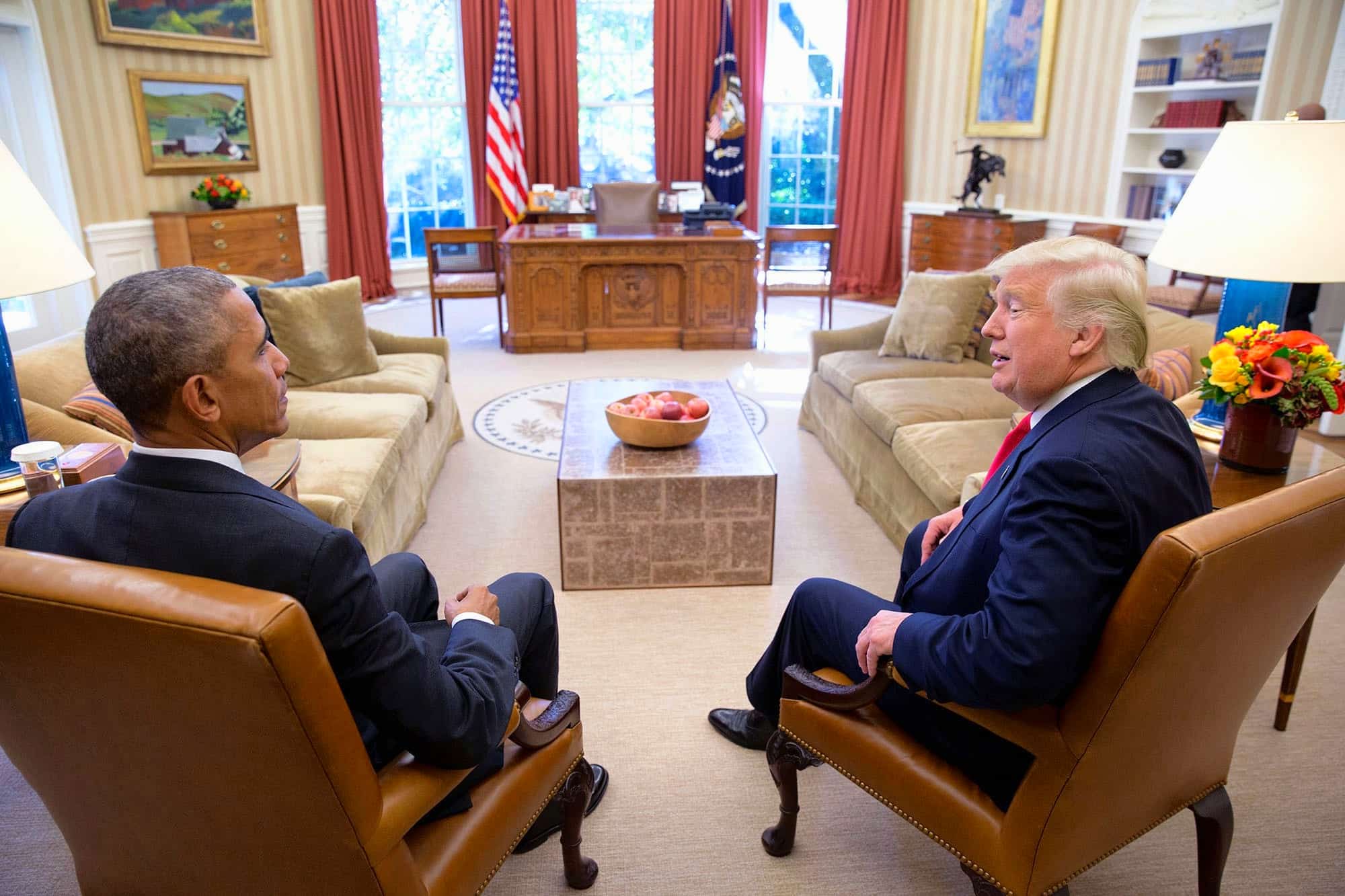“The biggest threat to our democracy is cynicism,” declared former president Barack Obama two years ago. But as we enter the final days of another demagoguery-drenched presidential campaign, it is time to give cynicism the credit it deserves. In an era of clueless voters, conniving candidates and media bias, cynicism can be one of the most effective checks and balances on political power run amok.
In modern American history, the most audacious liars have been the greatest self-proclaimed enemies of cynicism. “The only deadly sin I know is cynicism,” declared President Lyndon Johnson in a 1967 press conference on how the Vietnam War was going great. In a 1973 nationally-televised speech, President Richard Nixon declared, “I reject the cynical view that politics is inevitably, or even usually, a dirty business” prior to deluging viewers with false claims on the burgeoning Watergate scandal.
In 1994, President Clinton derided citizens who “indulge themselves in the luxury of cynicism” for betraying the American soldiers who died on D-Day in 1944. In 1997, Clinton declared that people can make America “better if we will suspend our cynicism.” This is the Peter Pan theory of public service: if only people believed government has magical powers, politicians could achieve miracles. After his impeachment, Clinton castigated “fashionable cynicism” as “self-indulgent arrogance that has no place in America.” But it wasn’t cynics’ fault that Clinton helped make presidential candor an endangered species.
Cynicism is a Natural Blowback to Deceit
George W. Bush exploited the revulsion against Clinton, promising America “a fresh start after a season of cynicism” when he launched his presidential campaign in 1999. In his first inaugural address, President Bush touted positive thinking about politicians as civic duty, lecturing Americans of their “calling” to make a “determined choice of trust over cynicism.” In the same 2002 State of the Union where he uncorked “the Axis of Evil” to pave the way to war with Iraq, Bush declared, “Deep in the American character, there is honor, and it is stronger than cynicism.” Bush repeatedly rebuked the cynicism of anyone who refused to cheer his invasion of Iraq.
Barack Obama exploited the revulsion against Bush, proclaiming in 2007 that “my rival in this [presidential] race is not other candidates. It’s cynicism.” Six years later, President Obama exhorted college graduates to beware of the “creeping cynicism” and people who “warn that tyranny is always lurking just around the corner.” He did not seize that opportunity to how he acquired the prerogative to order drone killings of American citizens on his own decree.
Politicians denouncing cynicism are akin to used car salesmen telling customers to ignore the clunking sound from the engine during a test drive. Cynicism is blowback from decades of deceit. Most of the major political power grabs in modern history have been propelled by official falsehoods, as have all the major wars since 1950. Perpetual bipartisan chicanery explains why only 20% of Americans trust the federal government nowadays.
Cynicism often arises because politicians judge themselves by their rhetoric while citizens judge them by their (mis)deeds. The alternative to cynicism is pretending that politicians are more honest than they sound. Are politicians, like underage delinquents, entitled to have all their prior offenses expunged?
Cynicism is necessary because the political playing field is often tilted in favor of servility. Politicians are almost never held personally responsible for their falsehoods, follies and fiascos. Thanks to pervasive federal secrecy and surveillance, rulers hold far more cards than citizens. People have been schooled and hectored to submit, to believe and to reflexively defer to officialdom. Scores of millions of people will unquestioningly obey no matter what Washington commands.
Cynicism is a form of political damage control. An ounce of cynicism can save a pound of repenting. Cynicism functions as a brake on political steamrollers. Timely doubts loudly expressed can stop presidents from driving a nation over a cliff or into a foreign quagmire.
Don’t Intellectually Disarm Yourself for Political Aggressors
Politicians seek to banish cynicism without repenting their rascally ways. Why should citizens intellectually disarm themselves in the face of political aggressors? Why should they accept the passive obedience that was preached for centuries to the politically downtrodden? Are citizens obliged to continually cast their common sense and memories overboard as if they were seeking to placate an angry pagan god?
The derision of cynicism goes to heart of citizens’ role in a democracy. If citizens have a duty to believe, then politicians are entitled to deceive. If citizens are obliged to trust, they become sacrificial offerings for the next political con job. A cynic is often merely someone who trusts politicians as little as politicians trust each other.
Cynicism is simply a discount rate for political honesty. Even cynics should not presume that all politicians are perfidious all the time. There are decent folks in every profession. Instead, citizens should judge politicians like federal judges treat accused criminals—97% of whom are convicted.
Cynicism can be pro-freedom, spurring resistance rather than resignation. Stalwart citizens should be cynical when politicians concoct new pretexts to subvert freedom of speech and press, cynical when politicians conspire to violate the Constitution, cynical when politicians seek to drag America into new foreign conflicts, and cynical when politicians propose sweeping new federal programs to replace disgraced boondoggles. Most importantly, citizens should be cynical when politicians absolve themselves for all the damage they have inflicted on this nation.
Winning politicians often enjoy a honeymoon after Election Day, but neither Donald Trump nor Joe Biden deserve any honeymoon from cynicism. “Think well of your masters” will be the death of democracy. The more cynical Americans become, the less power politicians can seize.
This article was originally featured at USA Today and is republished with permission.

































